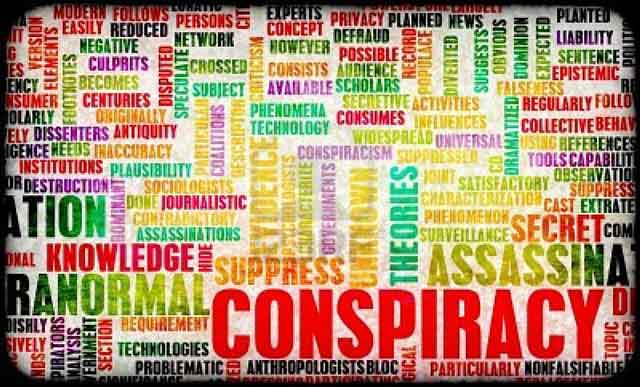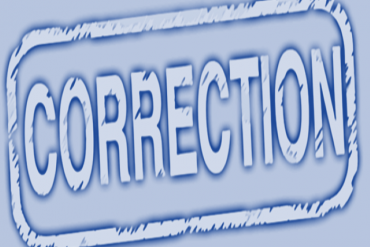Anyone even somewhat knowledgeable about Palestinian social media and news sites is likely familiar with anti-Israel (and at times antisemitic) conspiracy theories which pass as news. Such faux news often feeds into a Palestinian population already quite eager to impute extreme malevolence to the Jewish state.
For instance, a poll in early January showed that over 84% of Palestinians believed that the Islamist attacks on Charlie Hebdo and the kosher supermarket in Paris were “suspicious”, and that Israel may be behind them.
More recently, many Palestinians have responded to news regarding the spate of Arab stabbing attacks against Jews by claiming that the Palestinians shot by Israeli police in response to such attacks were actually innocent. Police, the theory goes, have been planting knifes at the scene after the incident to cover up for these “state executions”.
Echoing this libel, a cartoon appeared recently in the official PA daily showing a religious Jewish settler planting a knife on a small Palestinian boy while riding on the back of an Israeli soldier.
The mainstreaming of such wild accusations comes in different forms.
Speaking at a Palestine Return Centre event in Parliament on Tuesday, Labour MP Gerald Kaufman claimed that the Israeli government made up the recent spate of stabbing attacks in order to “execute Palestinians”.
British news outlets sometimes play a part in legitimizing such conspiracy theories by uncritically quoting such Palestinian claims, often abdicating their professional responsibilities to distinguish between fact and mere conjecture.
Just yesterday, my colleague Tamar Sternthal reported on an article by Jodi Rudoren at The New York Times which turned completely unsubstantiated Palestinian accusations of Israeli treachery into a ‘he said, she said’ paradigm of “dueling narratives”.
And, in the Guardian, a report by their Middle East editor Ian Black on Mahmoud Abbas’s speech at the UN Human Rights Council included the following passages:
Shortly after Abbas made his appeal at the UN human rights council in Geneva on Wednesday soldiers shot a Palestinian dead at a security checkpoint in the West Bank town of Hebron, where hundreds of militant Jewish settlers live and there is also strong support for the Islamist movement Hamas.
Maan, the Palestinian news agency, cited unnamed witnesses saying that Israeli troops shot the man 11 times and planted a knife by his corpse. Israel TV reported that he had tried to stab soldiers and had been “neutralised”.
Of course, the only evidence presented in the Maan report – as Black himself acknowledges – are the claims of unnamed activists.
So, was Black, a journalist with decades of experience covering the Middle East, really unable to contextualize the accusation by noting the popularity of such wild conspiracy theories in the region? In Black’s view, are Israeli and Palestinian “claims” regarding the incident in Hebron equally credible? Was his reaction to Palestinian claims about the knife being planted not at all influenced by the plethora of evidence over the last month demonstrating the undeniable reality of dozens of such attacks?
As Sternthal observed in her CAMERA post, the job of journalists covering the region is to deliver facts, not to uncritically repeat, thus legitimizing, unfounded allegations which only serve to reinforce the growing Palestinian incitement industry.





